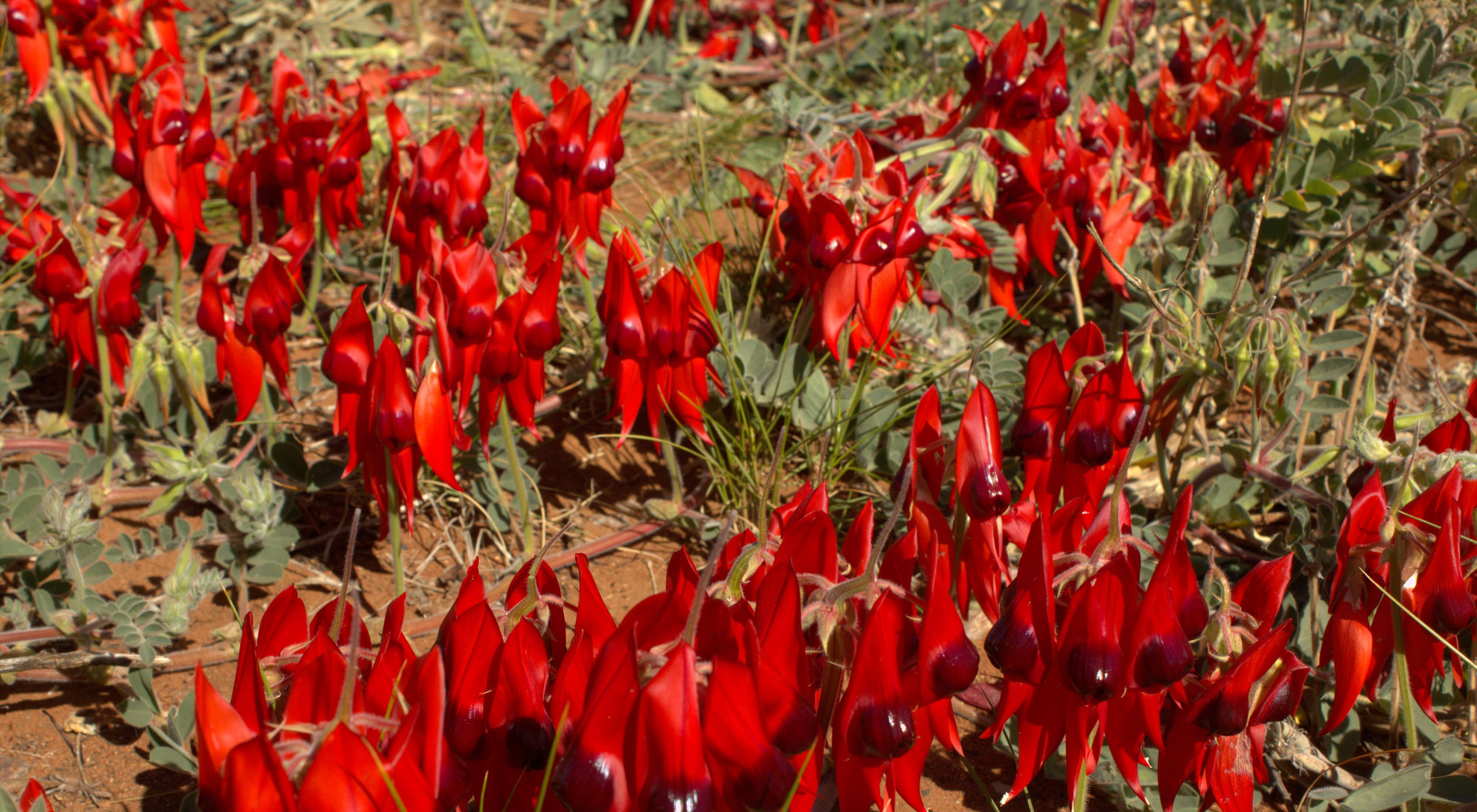Recognition for conservation efforts
While most of our efforts go towards projects in the field to conserve nature, it’s nice to be recognised occasionally for this hard work. The extra attention this brings helps us to spread our message of nature conservation within the community. And the occasional prize money is always welcome to further our mission. Here are some of the awards we’ve recently received:
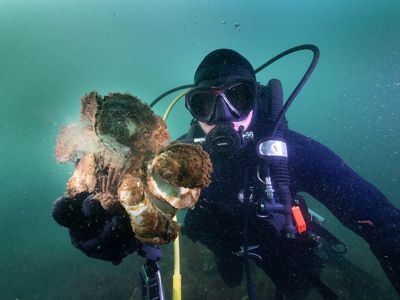
2021 WINNER Victoria Premier's Sustainability Awards
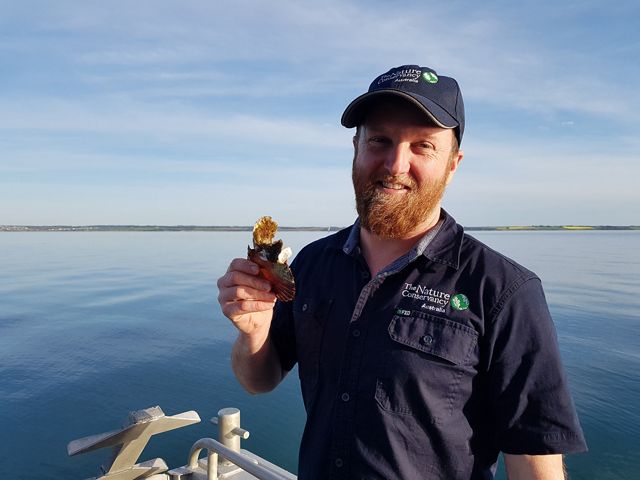
2021 FINALIST SERA Awards - Port Phillip Bay shellfish reef restoration project
The Nature Conservancy Australia’s shellfish reef restoration project in Port Phillip Bay, Victoria, was shortlisted as a finalist in the SERA Awards which took place on 14th May 2021. Held in Darwin by the Society for Ecological Restoration Australasia, the SERA awards recognised Excellence in Ecological Restoration Practice for projects from around Australasia.
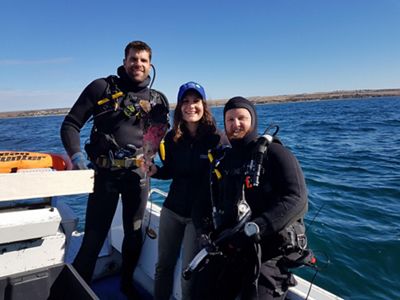
2020 WINNER Australian Museum Eureka Prize - Applied Environmental Research
Project: Rebuilding Australia's lost shellfish reefs
The Nature Conservancy, along with its partners James Cook University, University of Adelaide and University of Tasmania, supported by the NESP Marine Biodiversity Hub, are excited to have been awarded the Eureka Prize for Applied Environmental Research for our project ‘Rebuilding Australia’s Lost Shellfish Reefs’. Click here to read the press release.
2020 WINNER Australian Museum Eureka Prize - Excellence in Interdisciplinary Scientific Research
Project: Coral reef bright spots
Coral reefs that are thriving despite human and environmental pressures can provide novel insights into confronting complex problems. A special team assembled the largest dataset of its type on conditions in over 6,000 reefs across 46 countries, allowing them to locate and learn from these coral reef 'bright spots’.
Social-Ecological Research Frontiers team: James Cook University; University of Tasmania; Macquarie University; University of Technology Sydney; Australia Institute of Marine Science; Western Australia Department of Biodiversity, Conservation, and Attractions; and The Nature Conservancy.
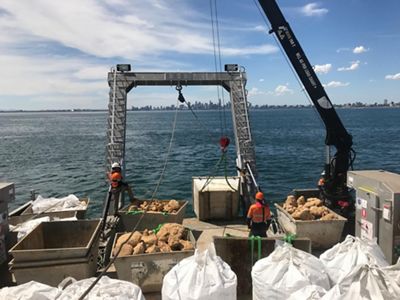
2019 WINNER Victorian Seafood Industry Awards - Environment Award
Project: Restoring lost shellfish reefs of Port Phillip Bay
Our project to restore the lost shellfish reefs of Port Phillip Bay took out the Environment Award in the 2019 Victorian Seafood Industry Awards.
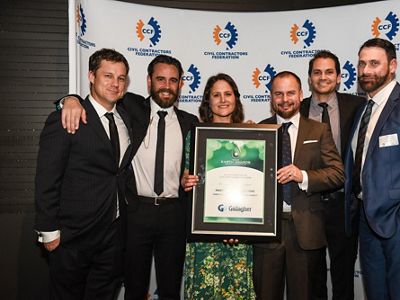
2019 WINNER South Australian Civil Contractors Federation Earth Award
Project: Windar Reef
Along with Maritime Constructions, we won the award for 'Projects valued up to $2M' for Windara Reef.
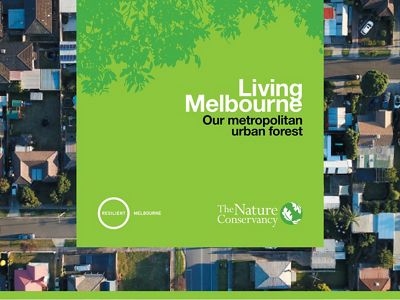
2019 WINNER AILA Victoria President's Award
Project: Living Melbourne: Our metropolitan urban forest
Our urban forest strategy – Living Melbourne: Our metropolitan urban forest, developed by The Nature Conservancy and Resilient Melbourne – was awarded the 2019 Australian Institute of Landscape Architects’ President’s Award. The award recognises the positive impact on Australian lives through the planning and design of built and natural environments.
2018 PROJECT MERIT Environmental Business International Business Achievement Award - Environmental Restoration
Project: Windara Reef
Our Windara Reef shellfish restoration project in South Australia was recognised for its merit in the 2018 Environmental Business International, Business Achievement Awards through the work of engineering partner Jacobs.
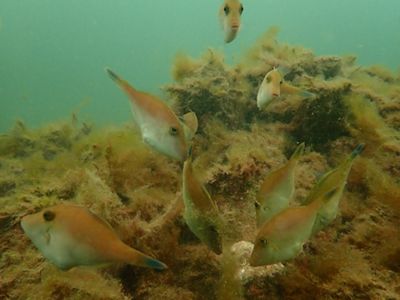
2018 FINALIST South Australian Science Excellence Awards - Excellence in Research Collaboration
Project: Windara Reef
Our Windara Reef project delivered significant benefits between researchers and users of research leading to economic, social or environmental benefits for South Australia.
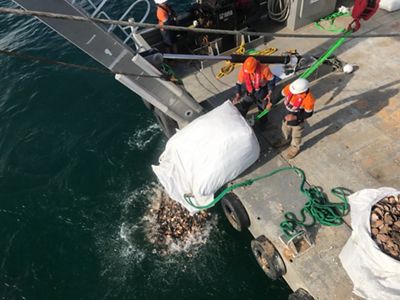
2018 FINALIST Victorian Coastal Awards and 2018 Society for Ecological Restoration Australasia (SERA) Award for Restoration Excellence.
Project: Restoring the Lost Shellfish Reefs of Port Phillip Bay
Our project to Restore the Lost Shellfish Reefs of Port Phillip Bay was named as a finalist in the ‘Biodiversity Conservation’ category of the 2018 Victorian Coastal Awards and in the 2018 Society for Ecological Restoration Australasia (SERA) Award for Restoration Excellence.
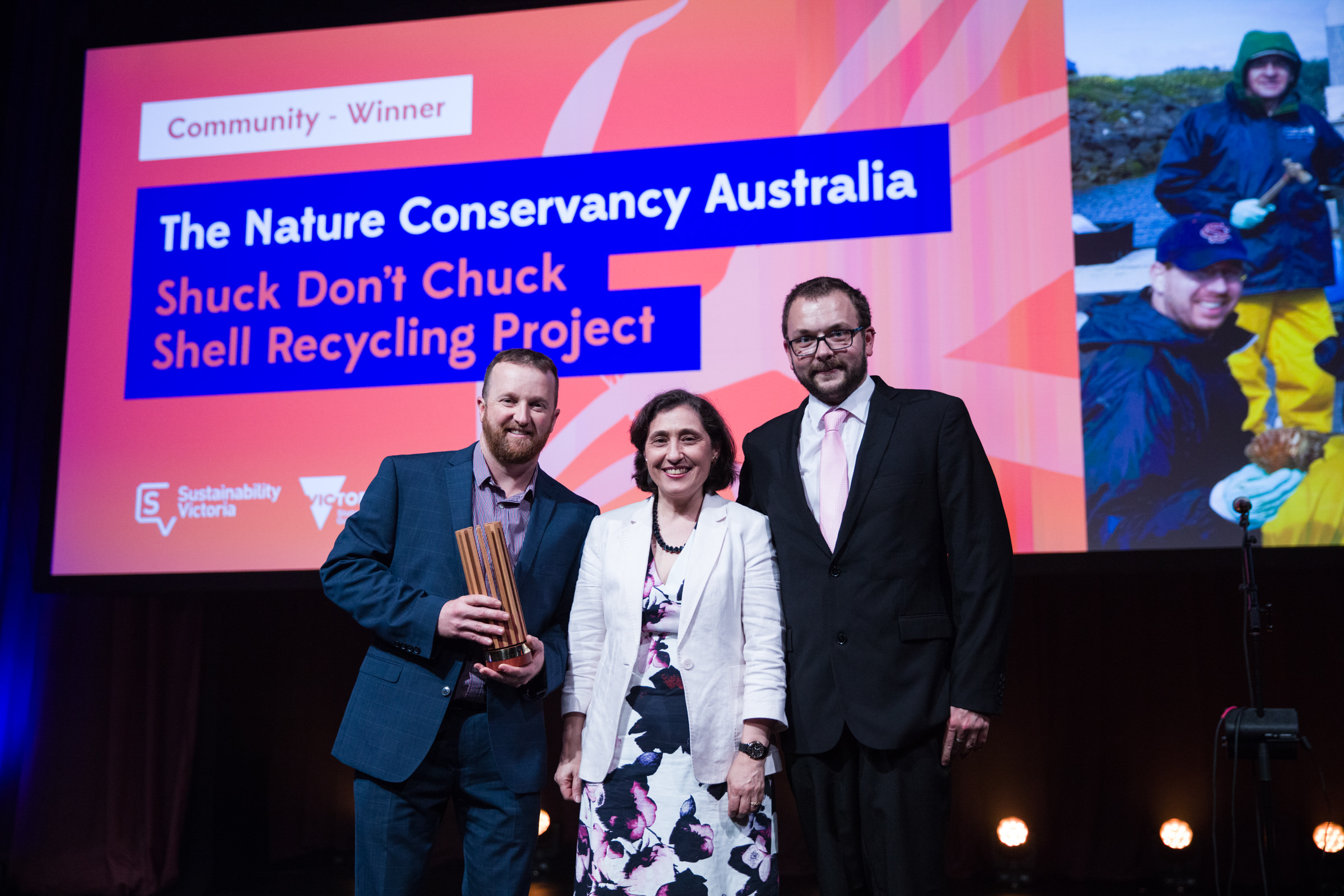
2017 WINNER Victorian Premier’s Sustainability Awards: Community Category
Project: Shuck Don’t Chuck
The first of its kind in Australia, Shuck Don’t Chuck is a recycling program that helps to regenerate shellfish reefs with leftover oyster shells collected from local seafood restaurants and suppliers.
The program was pioneered in the US and, in Australia, The Nature Conservancy is importing this international know-how and tailoring it to local conditions through work with scientists, aquaculture farmers, seafood outlets and wholesalers.
Shells are quarantined and cured for six months then reused as new oyster and mussel reef habitat, diverting that waste from landfill in the short term and creating a healthier bay with improved water quality and habitat. Learn more.
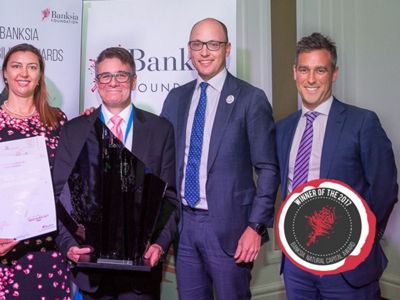
2017 WINNER Banksia Sustainability Awards: Natural Capital Category
Project: Murray-Darling Basin Balanced Water Fund
The Murray-Darling Basin Balanced Water Fund provides water security for farmers while protecting culturally significant wetlands that support threatened species and ecosystems. It invests in permanent water rights in the southern Murray-Darling Basin and allocates those rights in a smart way. It’s a win-win approach, aligning the interests of people and nature. Learn more.
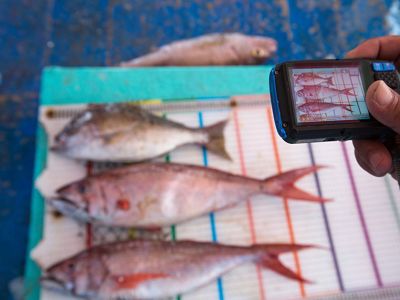
2016 WINNER Google Impact Challenge Australia
Project: FishFace
On 26th October 2016 our FishFace project was announced winner in the popular vote for the 2016 Google Impact Challenge: Australia.
This provided us with $750,000 to develop our game-changing technology that will protect global fish stocks, the livelihoods of coastal communities and provide a sustainable food source for billions of people.
Tens of thousands of people from all over the world voted for FishFace which got us across the line and we thank everyone for their support and interest in creating sustainable fisheries for people and nature.
